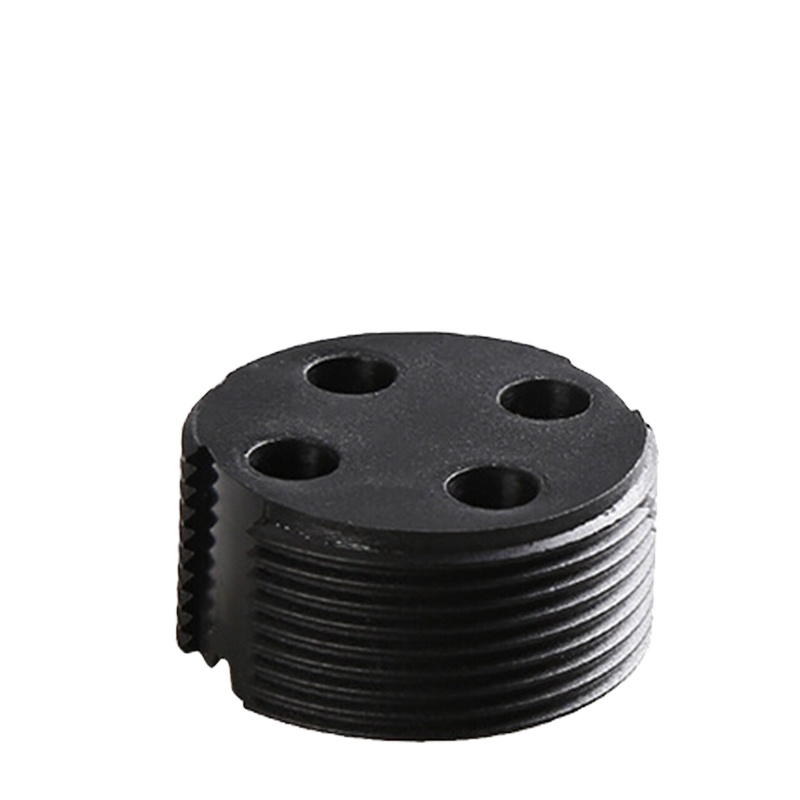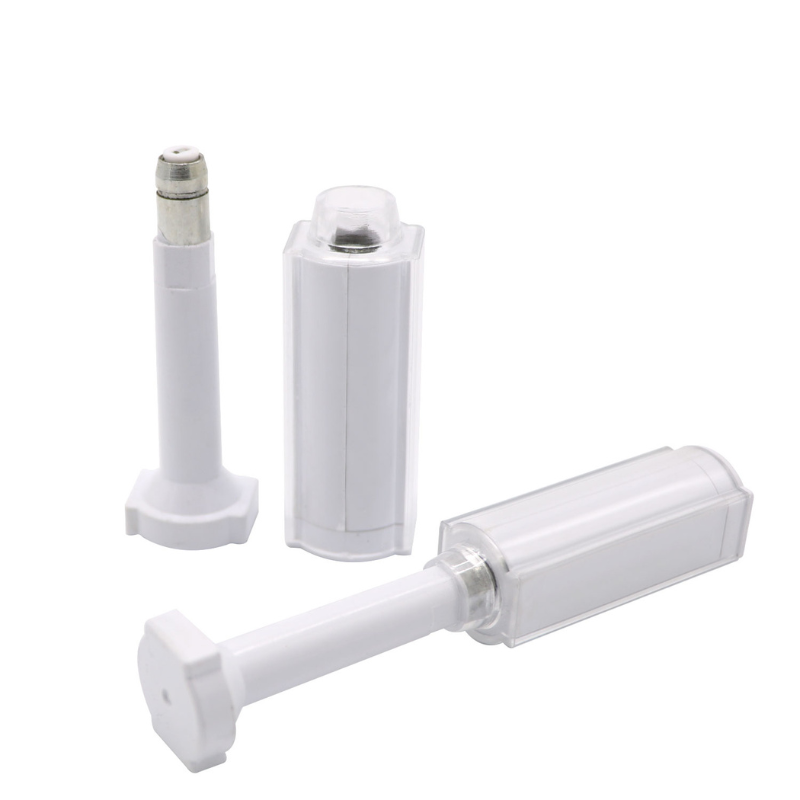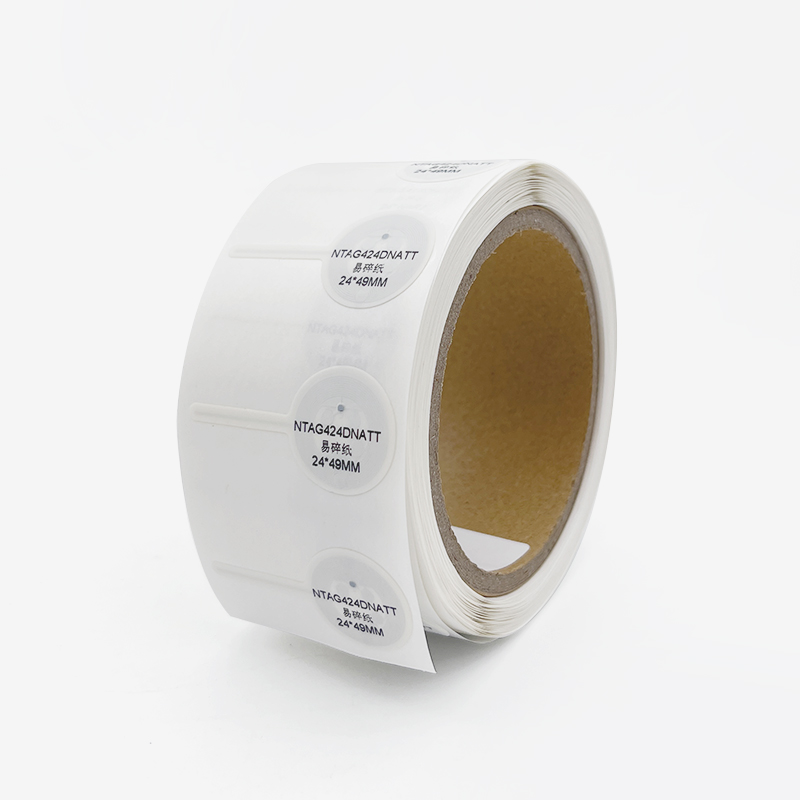
Enhancing Business Efficiency with RFID Technology
Table of Contents
Summary
By enabling automatic and accurate tracking, RFID systems significantly improve asset management, streamline processes, and support real-time data integration. Below, we explore ten ways RFID can benefit businesses, showcasing its versatility in applications ranging from inventory management to production control.
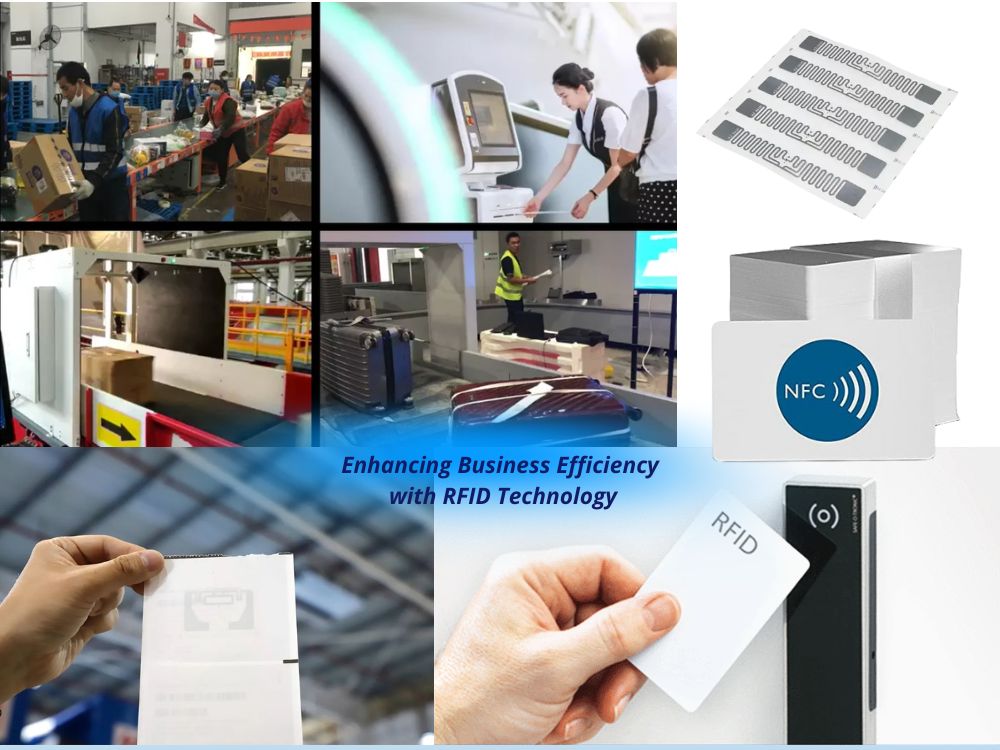
Efficient Asset Tracking and Inventory Management
RFID simplifies the challenge of asset and inventory tracking by automating the process. Unlike manual counting, RFID provides real-time visibility into asset quantities and locations. This capability is crucial for managing production line components, finished goods, and high-value equipment.
RFID Benefits for Asset Management | Description |
Real-Time Tracking | Immediate visibility of asset quantities and locations |
Process Visibility | Monitors items from receipt to usage and disposal |
Inventory Management | Facilitates easy stock checks and reduces shrinkage |
Misplaced Item Retrieval | Aids in locating items that are on-site but misplaced |
Automation for Time and Cost Savings
RFID systems automate the tracking of goods and integration with ERP systems, reducing the need for manual data entry and outdated spreadsheets. Fixed RFID readers at strategic points can further streamline processes by minimizing manual interventions, such as on production lines.
Improved Data Accuracy and Availability
The electronic nature of RFID data collection minimizes errors associated with manual entry and duplicate data. Real-time data updates through cloud-based systems ensure that all organizational stakeholders have access to accurate and current information.
Enhanced Health and Safety Compliance
RFID systems facilitate the management of equipment and vehicle inspections, ensuring compliance with safety standards. Systems such as CheckedOK help automate inspection schedules and reporting, which supports regulatory compliance and reduces insurance risks.

Better Production Control
RFID’s ability to identify individual items or components makes it ideal for complex manufacturing processes. It ensures that components are correctly matched to production lines or molds, thereby reducing waste and improving production efficiency.
Improved Quality and Traceability
RFID tags ensure that items pass through all required checks and processes, enhancing product quality and traceability. For example, RFID can verify that a product has been correctly assembled and inspected before delivery, reducing returns and enhancing customer satisfaction.
Increased Revenue Potential
By improving inventory management, RFID systems offer competitive advantages that can lead to higher customer satisfaction and increased sales. Better inventory accuracy supports more efficient operations and improved margins.
Advanced Management Information
Real-time data capture through RFID provides valuable insights for planning and operational decisions. These insights can drive efficiency improvements and strategic planning by offering in-depth management information throughout the asset lifecycle.
Accelerated Processes
RFID technology integrates seamlessly with other supply chain technologies, such as automated handling systems. This integration reduces the time required for order processing, shipment, and delivery, enhancing overall supply chain efficiency.
Rapid Return on Investment
RFID’s cost-effectiveness is evident in its ability to quickly deliver savings and increased revenues. The technology’s benefits often cover the initial investment swiftly, making it a financially viable solution for businesses looking to enhance operational efficiency.
In conclusion, RFID technology offers a range of benefits that can significantly improve business operations, from asset management to production control. Its versatility and efficiency make it an ideal choice for businesses aiming to streamline processes, enhance data accuracy, and achieve a rapid return on investment.
Comments
Hot Products
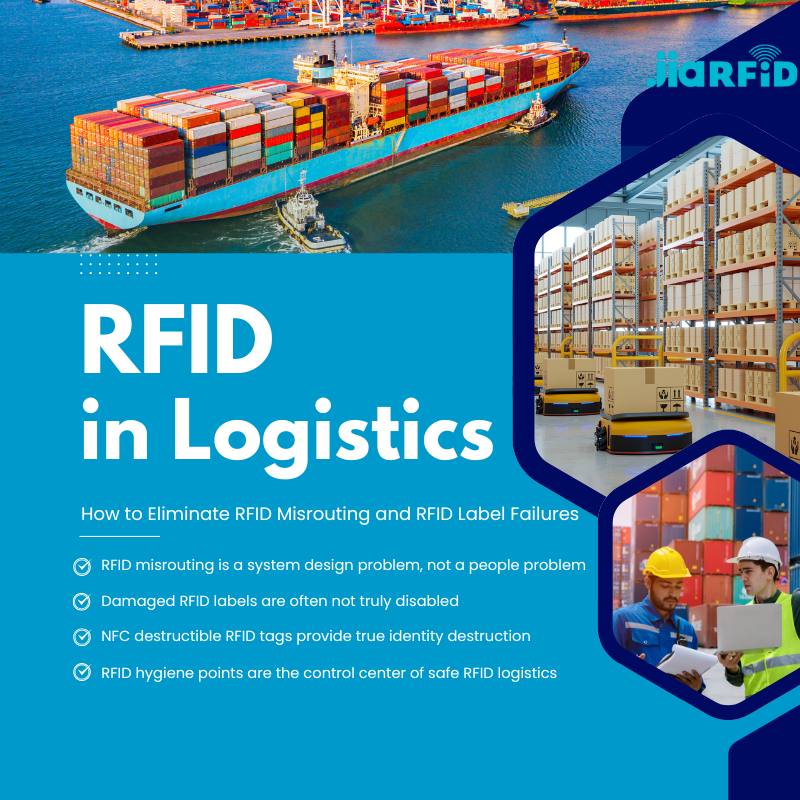
RFID in Logistics: How to Eliminate RFID Misrouting and RFID Label Failures
RFID in logistics is more than just a tool to speed up processes. It has become a key part of how modern supply chains operate.
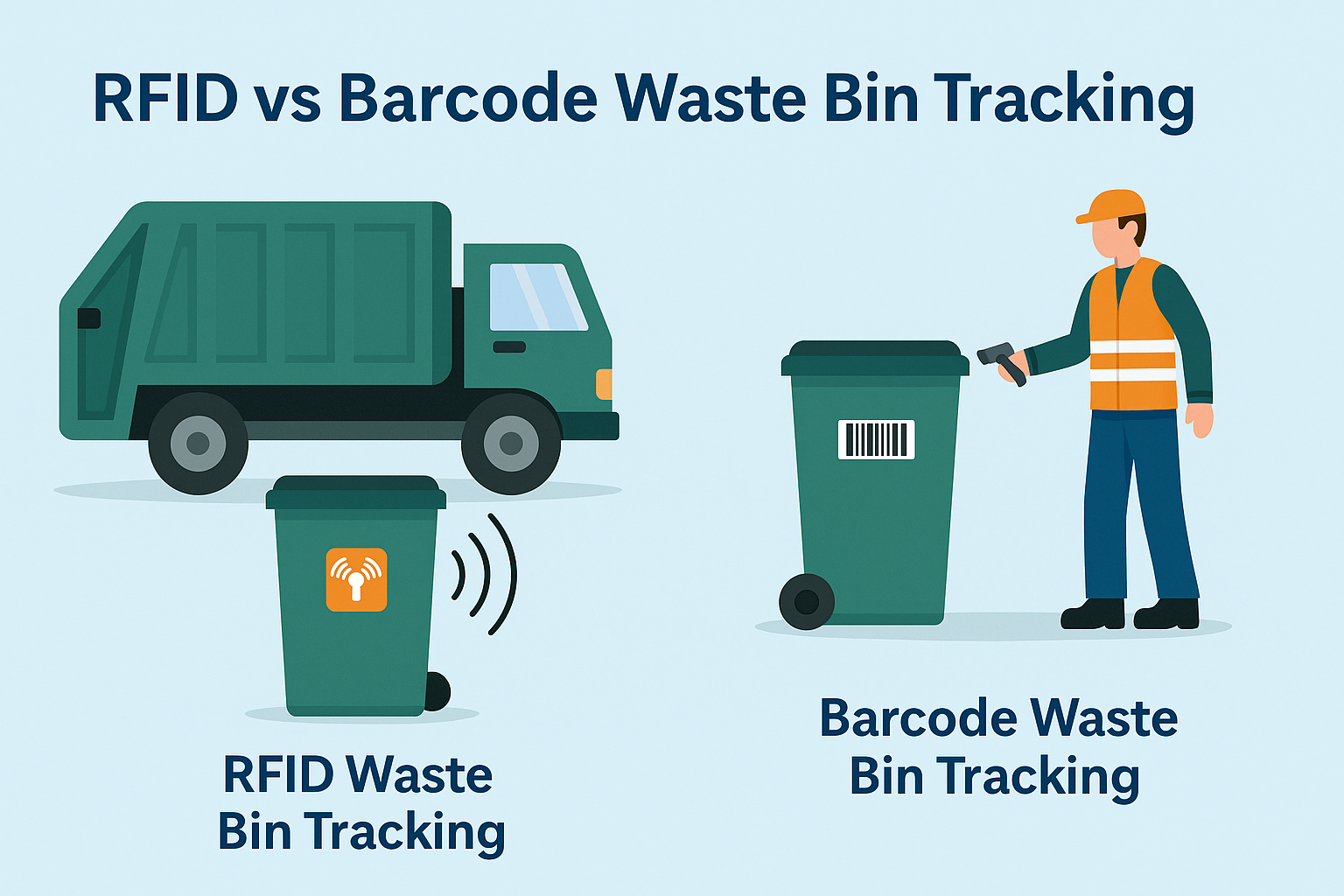
What Is RFID Waste Management
Imagine a city where every trash bin speaks — not literally — but through a tiny chip that tells the system when it’s full, when it’s emptied, and where it went. That’s what RFID waste management is doing today.
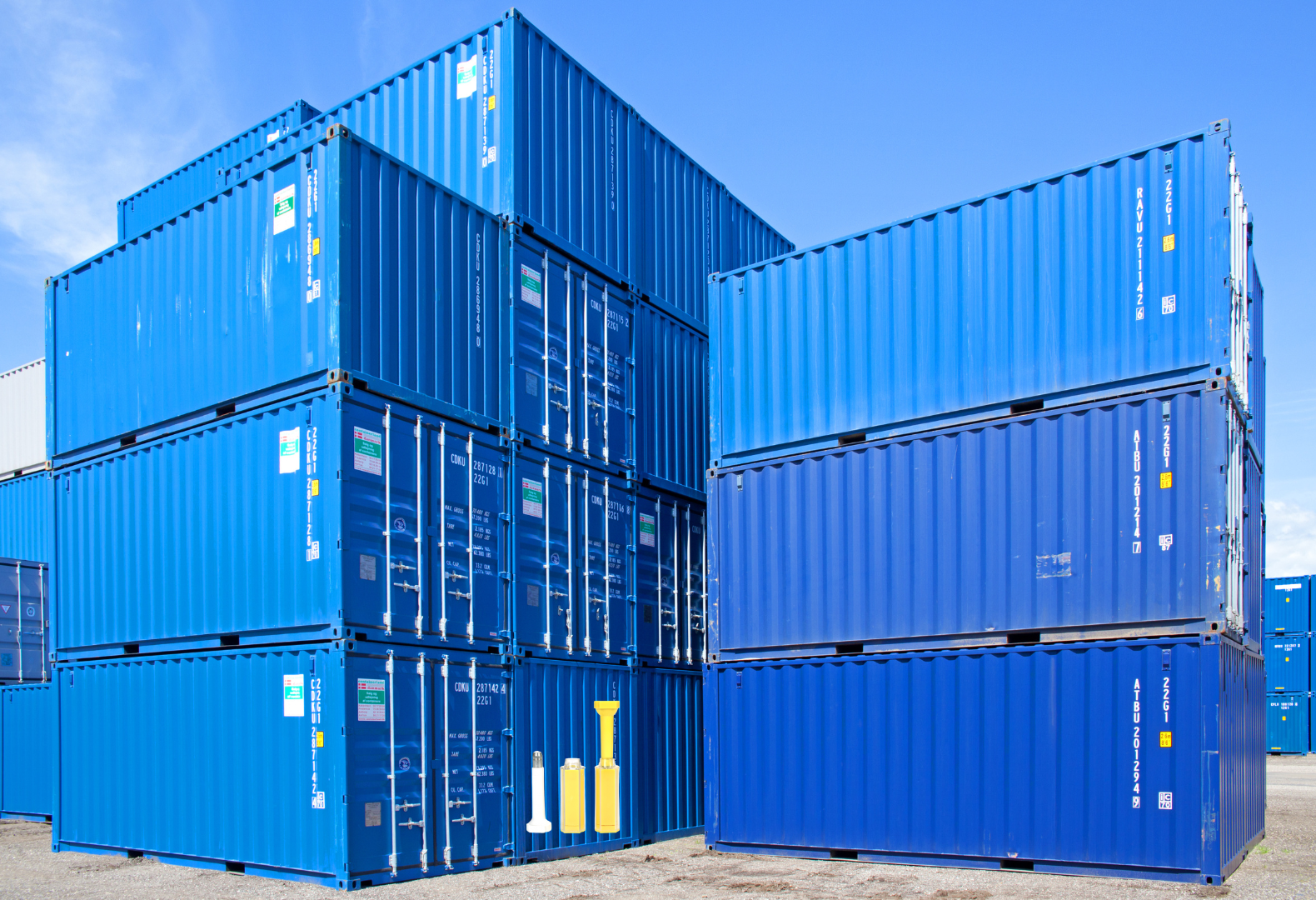
What are Bolt Seals and their Applications? | Complete Guide
In global trade and logistics, bolt seals play a crucial role in ensuring cargo security and compliance. These small but powerful devices are designed to lock shipping containers, trailers, and cargo doors with a tamper-evident mechanism.

What is an RFID Card Protector? Benefits, Use Cases, and Buying Guide
RFID technology (Radio Frequency Identification) is everywhere: in your credit cards, ID badges, transit passes, hotel room keys, and more. It offers speed and convenience, but it also opens the door to a new kind of digital theft called “skimming.” That’s where an RFID card protector comes in.

RFID Wristbands for Events: Bulk Buying Guide for Organizers
RFID wristbands for events are becoming the go-to solution for organizers who need faster entry, fraud prevention, and cashless payments at concerts, festivals, and sports venues. Unlike paper tickets or QR codes, these smart wristbands use embedded chips to streamline access, secure transactions, and improve the guest experience.
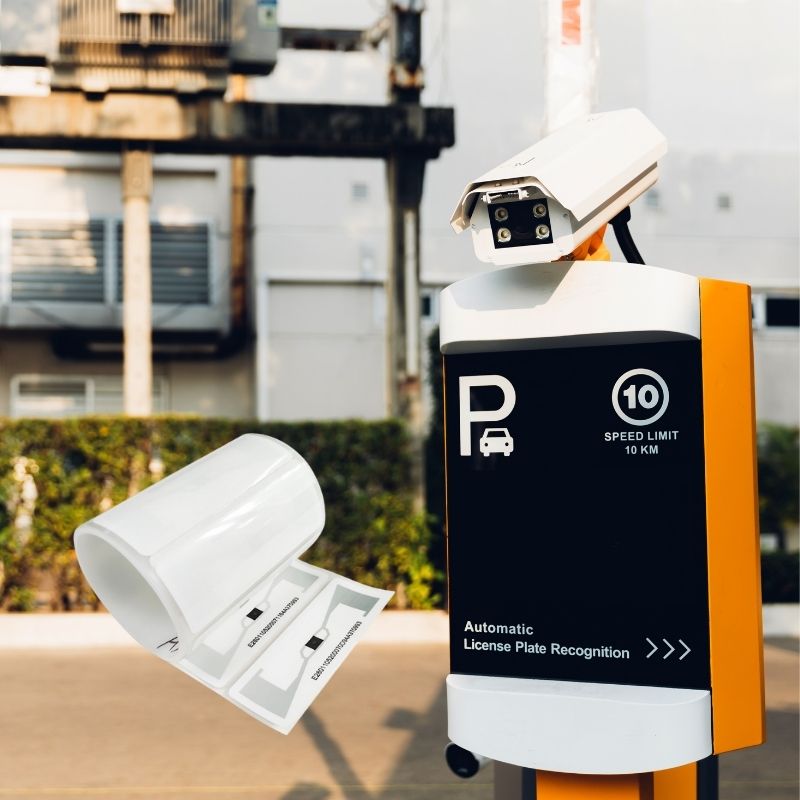
How RFID Tag on Windscreen Improves Vehicle Access Control and Toll Systems
In today’s fast-paced world, vehicle identification needs to be quick, secure, and contactless. An RFID Tag on the Windscreen provides exactly that — a reliable way to manage toll collection, parking, and gated access without stopping vehicles.
Tags
RELATED BLOGS

RFID in Logistics: How to Eliminate RFID Misrouting and RFID Label Failures
RFID in logistics is more than just a tool to speed up processes. It has become a key part of how modern supply chains operate.

What Is RFID Waste Management
Imagine a city where every trash bin speaks — not literally — but through a tiny chip that tells the system when it’s full, when it’s emptied, and where it went. That’s what RFID waste management is doing today.

What are Bolt Seals and their Applications? | Complete Guide
In global trade and logistics, bolt seals play a crucial role in ensuring cargo security and compliance. These small but powerful devices are designed to lock shipping containers, trailers, and cargo doors with a tamper-evident mechanism.


